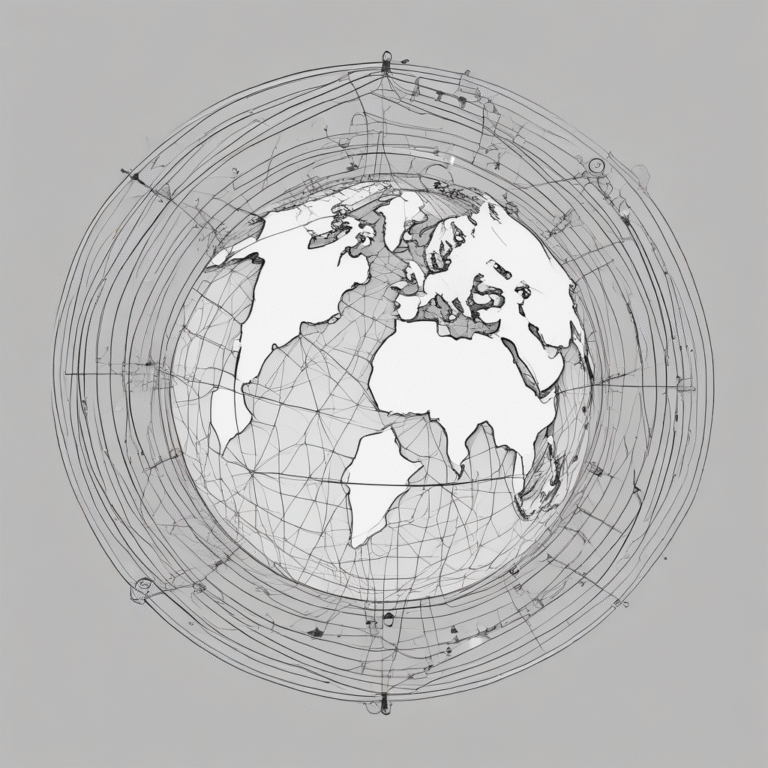Scrutiny of AI’s Influence on Finance and Copyright
The European Parliament is set to embark on an examination of the implications of artificial intelligence (AI) within two significant sectors: finance and copyright. Following approval from the chairs of political groups, this initiative aims to address the pressing challenges and opportunities posed by AI in these critical areas.
Impact of AI on the Financial Sector
The first report, titled “Impact of Artificial Intelligence on the Financial Sector,” will be led by lawmaker Arba Kokalari from Sweden, representing the European People’s Party (EPP). This report has been commissioned by the Committee on Economic and Monetary Affairs (ECON) and will incorporate insights from the Internal Market Committee (IMCO).
Last year, the AI Act, which regulates AI through a risk-based framework, saw considerable development primarily through the efforts of the IMCO and the Civil Liberties Committee (LIBE). Although the AI Act’s regulations began to take effect gradually last year, full enforcement is anticipated by 2027.
In June of the previous year, the European Commission launched a consultation aimed at gathering input from stakeholders regarding AI’s role in finance. This initiative was designed to assess the risks associated with implementing the AI Act, yet no concrete actions have been proposed thus far.
Earlier this month, the NGO Finance Watch expressed concerns about the potential conflicts arising between AI functionalities and the principles of financial regulation. They warned that the lack of clear rules and accountability mechanisms in the integration of AI into financial services introduces risks that are challenging to identify and manage. Such uncertainties could jeopardize consumer protection, threaten market stability, and undermine trust in the broader financial system.
Copyright and Generative AI
The second report, which aims to explore the intersection of AI and copyright, is titled “Copyright and Generative AI: Opportunities and Challenges.” This report has been initiated by the Legal Affairs Committee (JURI) and will be drafted by Axel Voss, a German lawmaker from the EPP.
During discussions surrounding the AI Act, the issue of copyright was notably overlooked, leaving creators such as writers and musicians vulnerable to significant legal gaps. Voss emphasized the importance of safeguarding European creative ideas and content, criticizing the current trend of supporting large tech companies at the expense of individual creators.
Complications related to AI and copyright have surfaced amid the drafting of regulations for providers of General-Purpose Artificial Intelligence (GPAI). This ongoing process aims to establish a Code of Practice that assists AI model providers—tools capable of performing a variety of tasks, including those similar to ChatGPT and Midjourney—in complying with the EU’s AI Act. However, industry stakeholders, including rights holders, have raised concerns regarding potential contradictions with existing copyright law.










